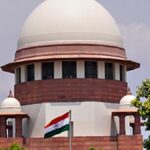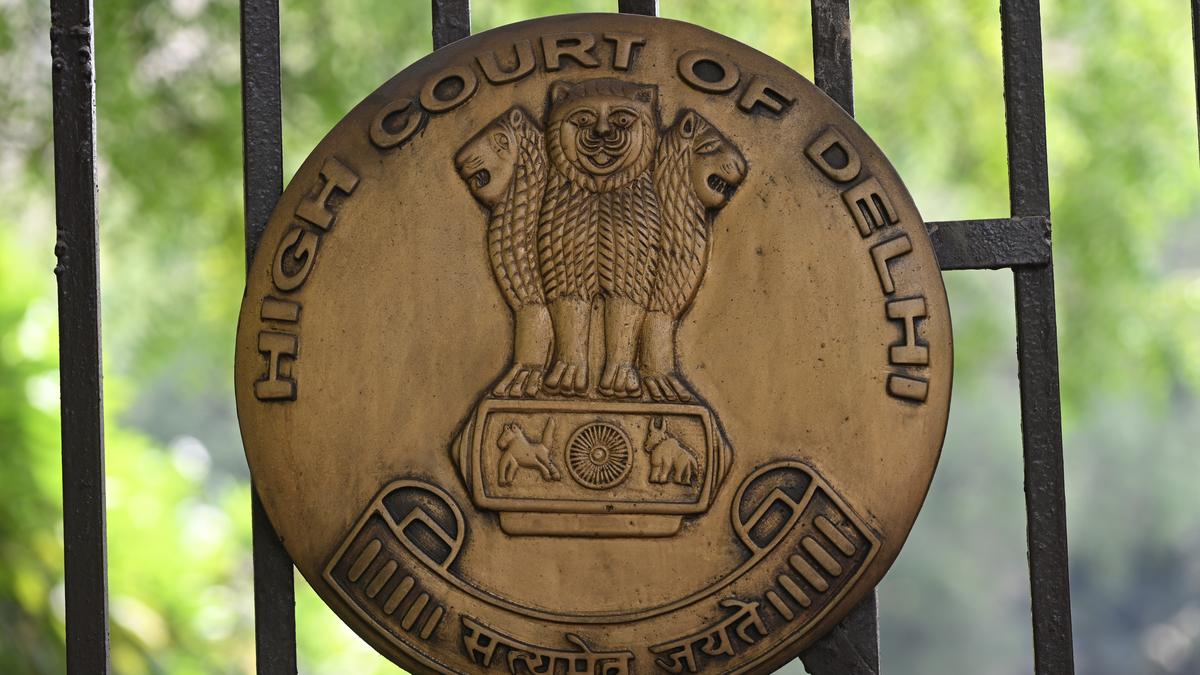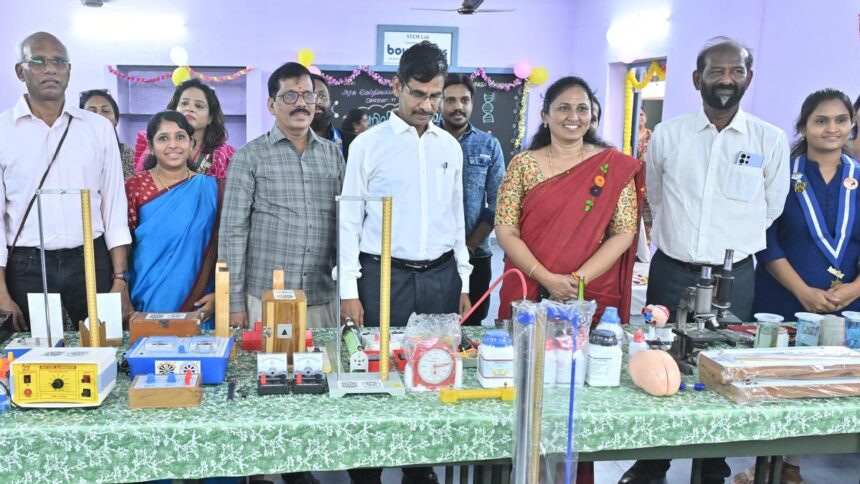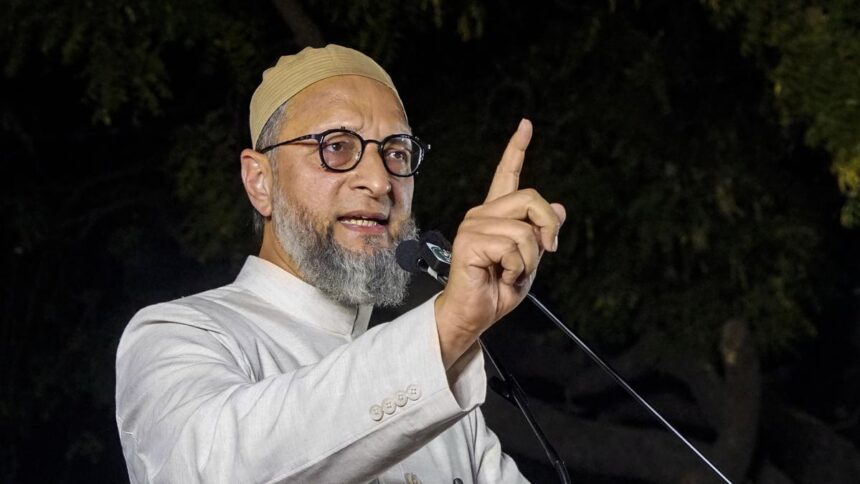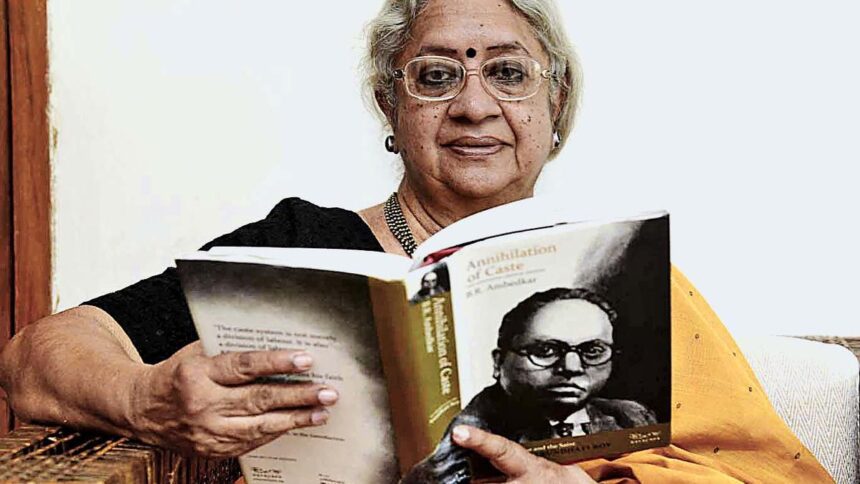
Delhi High Court noted that the ICC’s inquiry report of August 28, 2018, found all charges against the professor to be substantiated through both documentary and oral evidence. File
| Photo Credit: The Hindu
The Delhi High Court has upheld the compulsory retirement of an assistant professor of political science in Delhi University’s Bharati College over multiple allegations of sexual harassment by students.
The Court described the accused’s conduct as “so profane” that it refrained from reproducing in its judgment the objectionable messages he sent to the complainants.
In the July 17 judgment, Justice Subramonium Prasad observed that, “Teachers shape the career of young aspiring students for a better future… The act of sexual harassment done by these very teachers, who are considered our guides and mentors, against young female students who have just attained majority, has a deleterious effect on the psyche of such students.”
The accused had challenged the orders of compulsory retirement issued by the college’s governing body in December 2020.
Four complaints were filed against him — three by current students of Bharati College and one by a former student — alleging sexual innuendoes/advances through Facebook chats and WhatsApp messages.
The complaints surfaced in February 2018, shortly after a video of students confronting the professor about his conduct became public. The video sparked student protests and demands for an inquiry.
The matter was referred to the college’s Internal Complaints Committee (ICC), in line with the Sexual Harassment of Women at Workplace (Prevention, Prohibition and Redressal) Act, 2013 (POSH Act), and UGC regulations.
The Court noted that the ICC’s inquiry report of August 28, 2018, found all charges against the professor to be substantiated through both documentary and oral evidence.
“The testimony of each of the complainants remained unimpeached and resultantly, this Court finds no reason to question the veracity of the ICC‘s analysis of the evidence and statements,” the Court held.
The Court rejected the professor’s arguments of procedural impropriety, noting that it found no violation of rules in how the ICC was constituted or how the inquiry was conducted.
Published – July 27, 2025 08:43 am IST







